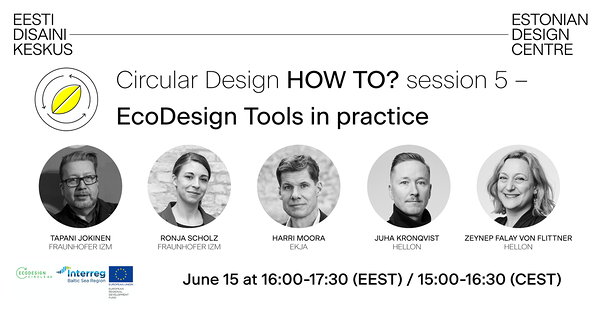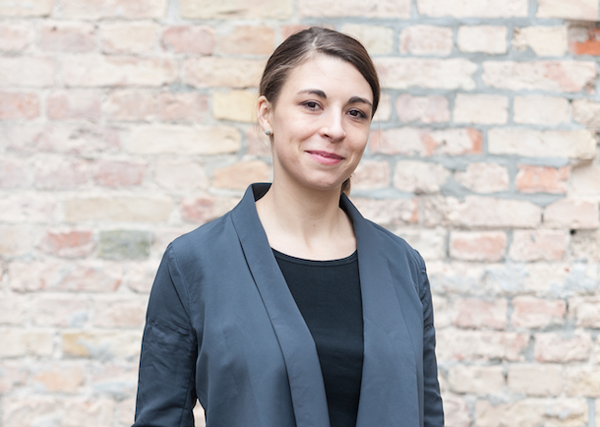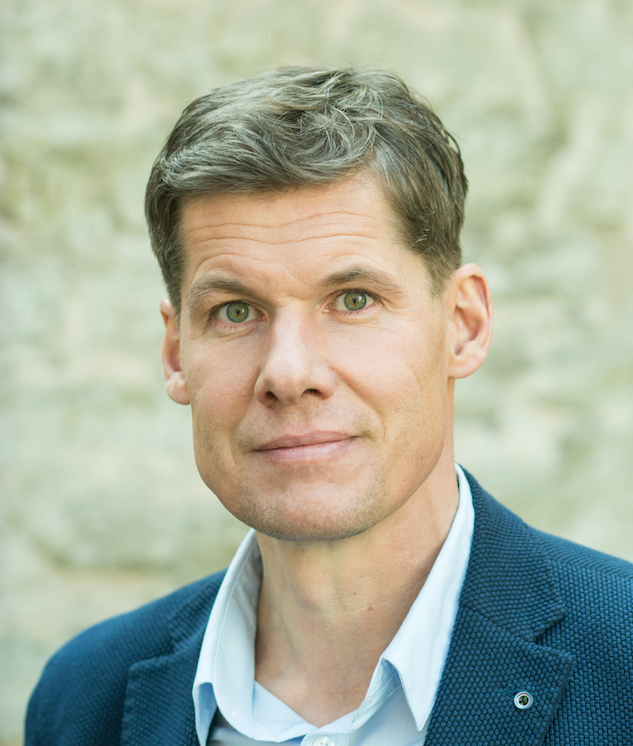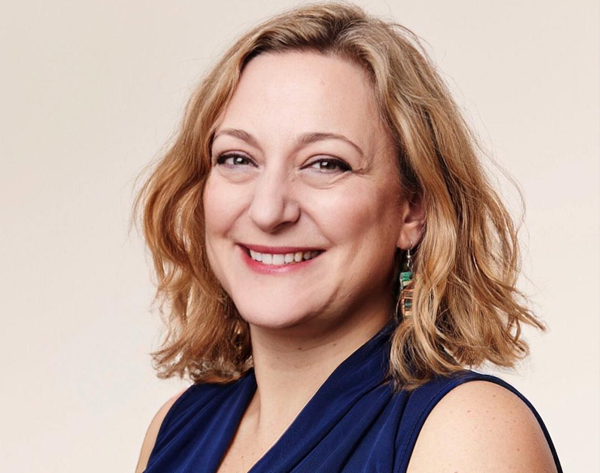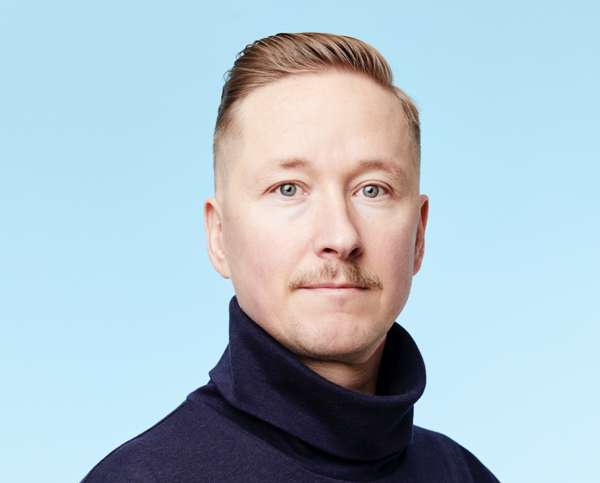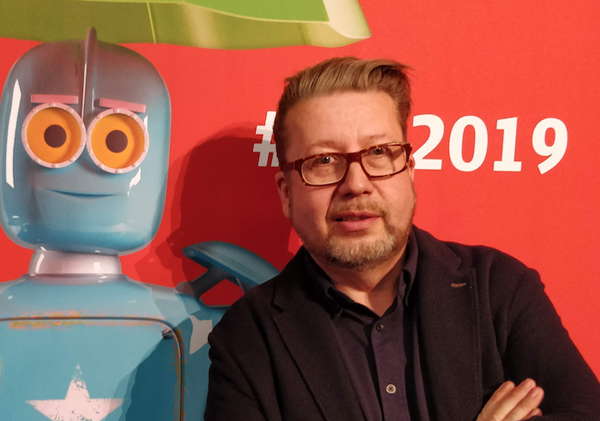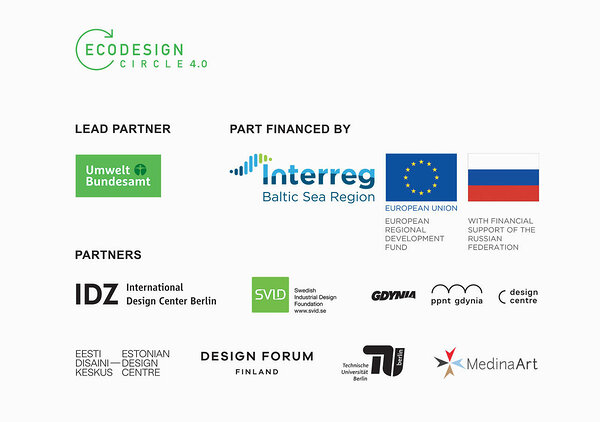Circular Design HOW TO? session 5
EcoDesign Tools in practice
In this season’s last How To? webinar we’ll take a closer look at three circular design tools in practice - the EcoDesign Learning Factory, Audit, and Sprint, which were developed by the EcoDesign Circle international project team. These tools offer methods and guidelines in becoming a circular design practitioner, assess your company's ecodesign capabilities and create new business concepts in accordance with circular economy goals.
When: Tue, June 15, 2021
Time: 4:00 – 5:30 PM (EEST) / 3:00 - 4:30 PM (CEST)
Speakers: Ronja Scholz (Fraunhofer IZM), Harri Moora (EKJA), Juha Kronqvist & Zeynep Falay von Flittner (Hellon)
Moderator: Tapani Jokinen (Fraunhofer IZM)
Language: English
Location: ZOOM
Price: Free but registration required
To Whom: designers and circular economy & sustainability experts, company representatives, product developers and others interested
REGISTRATION
Schedule:
- Introduction by moderator Tapani Jokinen (Fraunhofer IZM)
- Designers’ feedback to the Learning Factory by Ronja Scholz (Fraunhofer IZM)
- EcoDesign Audit in practice by Harri Moora (EKJA)
- EcoDesign Sprint and Circularity in Service Design Practices by Juha Kronqvist & Zeynep Falay von Flittner (Hellon)
- Open Discussion
LEARNING FACTORY ECODESIGN - The Ecodesign Learning Factory is a training programme for developing innovative products and services. The practical approach focuses on bringing forward the circular economy opportunities by emphasizing design thinking and life cycle thinking. The user-centric ecodesign tools and methods will help you to minimize the environmental impacts while maximizing the benefits for all stakeholders.
ECODESIGN AUDIT - EcoDesign Audit is a diagnostic tool for enterprises and public organisations to assess their ecodesign capabilities and performances and to identify possible circular design opportunities / approaches. EcoDesign Audit is carried out by a design manager and/or an environmental specialist following the Ecodesign Audit Methodology. It provides a reliable, validated and comprehensive overview and gives clear recommendations in form of a report. The audit recommendations will help to establish a basis for moving forward towards a circular economy. A next step after the Audit assessment can be the Ecodesign Sprint.
ECODESIGN SPRINT - Ecodesign Sprint is a three-day training and acceleration programme in the circular economy. It is intended for SMEs and design agencies that want to learn more about the possibilities of the circular economy. The primary goal is to provide the participants with in-depth knowledge on the possibilities and business models of the circular economy. Another goal is to develop the business of SMEs and create more sustainable products and services for them.
Read more about ECODESIGN TOOLS
About the speakers:
Photo: Ronja Scholz
Ronja Scholz is a Circular Design Expert and Researcher in the field of environmental and reliability engineering at the Fraunhofer IZM. Already during her studies of industrial design she focused on the social and ecological impact that design can have. After stations in design studios around the world she worked in 3D-printing start-ups and developed new possibilities for production and supply chains through additive manufacturing. In her current position she is focusing on how service design methods can foster and increase circularity by creating value and profit for all stakeholders. At the webinar Ronja will reflect the designer’s feedback to the Learning Factory methodology and how they are implementing it in their work.
Photo: Harri Moora
Harri Moora specialises in environmental policy and management tools related to sustainable consumption and production (EMS, EPE, LCA, eco-design). Harri is also working on waste management related issues such as environmental and economic assessment of waste management systems/technologies, development and evaluation of regulatory and economic instruments for waste management. Harri Moora has worked for SEI Tallinn since 1998, first as a researcher, and since 2001 as a programme director of the Environmental Management Programme. At the webinar Harri will give an overview about EcoDesign Audit.
Photo: Zeynep Falay von Flittner
Zeynep Falay von Flittner has 20 years of international experience as a design consultant, helping organisations to become more customer centric and improve their Customer Experience. Last couple of years she has been focusing on how to support and accelerate sustainability transitions by combining human centric design, systems thinking and transition design.
Photo: Juha Kronqvist
Juha Kronqvist is one of the pioneering service designers in Finland. His strength lies in creating innovative service concepts based on deep understanding of customers, their needs and everyday lives. As a Principal Designer at the strategic design agency Hellon, he creates new methods and approaches for solving societal and business problems of his clients.
Photo: Tapani Jokinen
Tapani Jokinen is a strategic- & circular design consultant. He is working as a Design contractor in Fraunhofer IZM, Berlin. He is one of the authors of the Ecodesign Learning Factory program where he teaches and facilitates training modules, innovation workshops and lecturing about circular design in seminars and conferences. Tapani has over 25 years extensive Design experience in various capacities and global locations. He has unique skills to apply design- and lifecycle- thinking to drive sustainability-led innovation in practice in development of products and services, which answers to the growing global demand for more sustainable products and helping companies in transition from linear to circular economy.
///
Circular design How To? session is an open space for circular design professionals to discuss their work and experience. We will avoid abstract concepts and discuss practical takeaways from circular design projects.
NB! As it is a fully online event, please be prepared with a smooth Internet connection!
The event is organised by Estonian Design Centre and held in cooperation with the EcoDesign Circle project and its partners.
